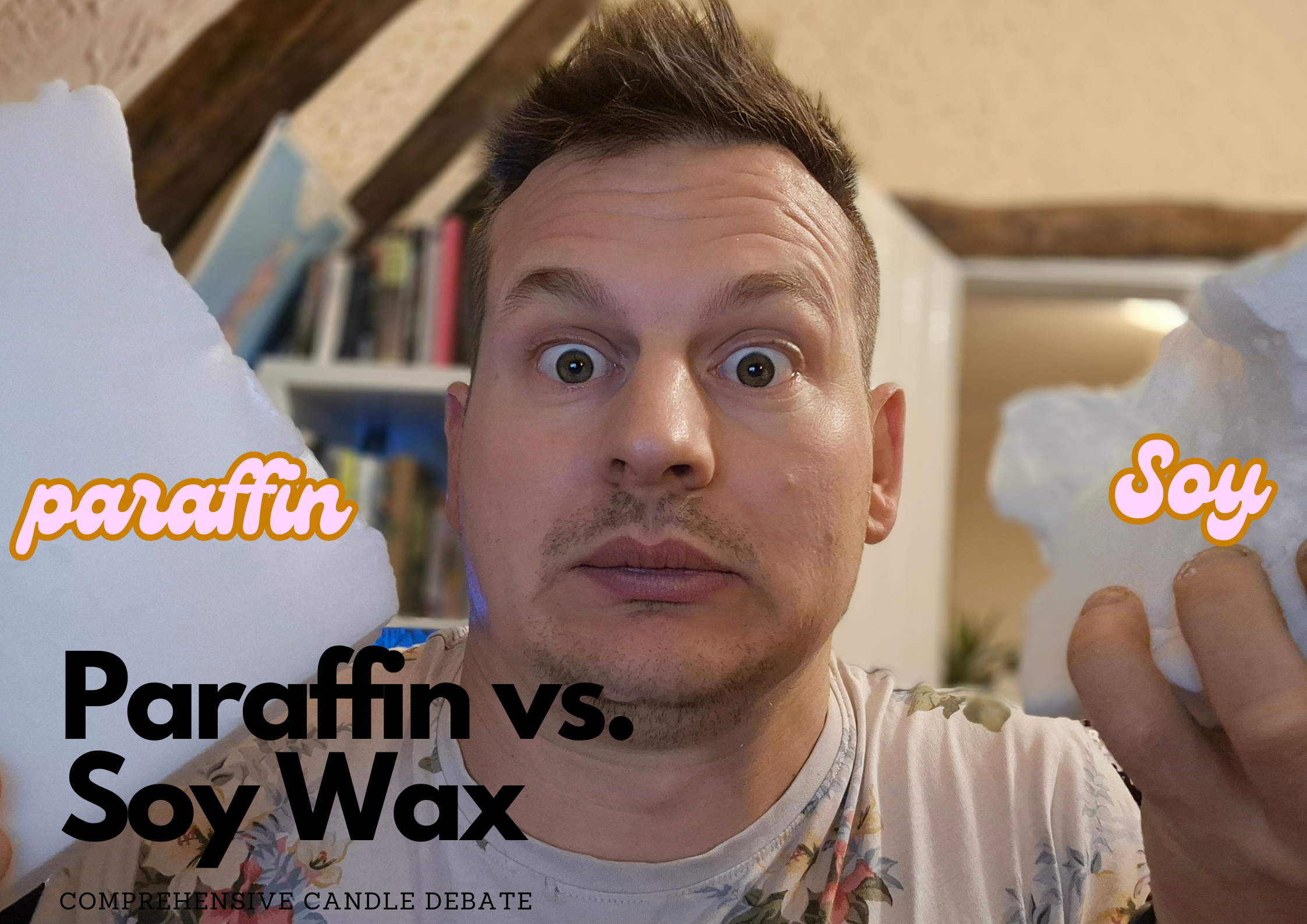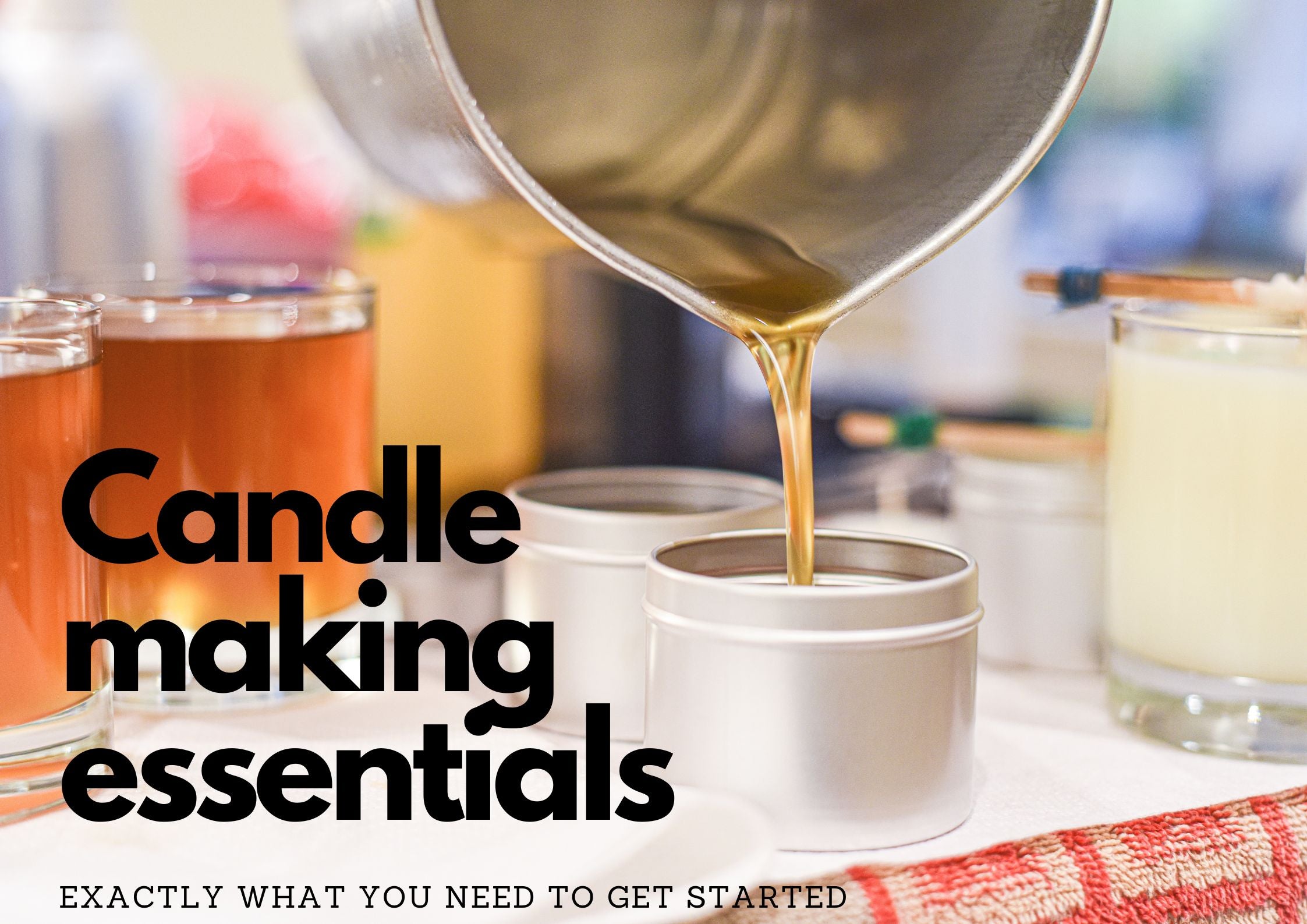Are nest reed diffusers toxic
Feb 24 , 2024
Many of us love filling our homes with delightful scents, but have you ever stopped to wonder about the safety of your favourite reed diffusers? Concerns are growing over the potential toxicity of some popular home fragrance products, including those made by NEST.
This article will delve into what makes a reed diffuser safe or toxic, provide alternatives for a healthier home environment, and offer practical advice for conscientious consumers.
Read on to discover how to keep your living space fragrant and worry-free!
Key Takeaways
- Reed diffusers can contain dangerous chemicals like formaldehyde, benzene, and toluene, which are harmful if inhaled over long periods. It's essential to check labels and avoid these substances for a safer home environment.
- Volatile organic compounds (VOCs) released by some reed diffusers might lead to respiratory issues, headaches, or dizziness. Choose diffuser options with natural ingredients such as plant-derived essential oils to reduce health risks.
- Keep any type of reed diffuser out of reach from children and pets as they can be particularly sensitive to the VOCs emitted. Always ensure good ventilation when using them indoors.
- Be environmentally conscious when choosing reed diffusers; go for products that minimise air pollution and do not negatively impact wildlife or ecosystems.
Are Reed Diffusers Toxic?
Reed diffusers can potentially contain harmful ingredients that may pose health risks and have an environmental impact. It is important to be aware of the potential toxicity of reed diffusers and take necessary precautions for safe use.
Harmful ingredients to avoid
Watch out for reed diffuser liquids containing formaldehyde, benzene, and toluene. These chemicals are dangerous and can pose serious health risks if inhaled over long periods. Always check labels for these compounds and steer clear of products that include them.
Choose diffusers wisely to avoid those with high levels of isopropyl alcohol. This substance can be very harmful if ingested, especially in households with children or pets who might accidentally come into contact with the liquid.
Opt for alternatives that use safer ingredients to ensure a healthier home environment.
Potential health risks
Reed diffusers may pose potential health risks due to the release of volatile organic compounds (VOCs) and exposure to harmful chemicals. These products can contain toxic compounds such as formaldehyde, benzene, and toluene, which have been linked to respiratory issues, headaches, and dizziness in high concentrations.
Additionally, some reed diffuser fragrances contain a high percentage of isopropyl alcohol, making them hazardous if ingested. It's important for consumers to be mindful of these health risks when choosing reed diffusers and opt for non-toxic alternatives that prioritise safety for both people and pets.
Improper storage of reed diffusers can also lead to potential health hazards, especially for young children and animals who might accidentally ingest or spill the liquid contents. Furthermore, proper ventilation is crucial in minimising the risk of adverse reactions from exposure to VOCs emitted by reed diffusers.
Environmental impact
Reed diffusers have an environmental impact due to the release of volatile organic compounds (VOCs) into the air. These compounds can contribute to indoor air pollution and may have negative effects on air quality, posing risks for human health as well as the environment.
Proper ventilation is important when using reed diffusers to minimise their impact on indoor air quality, and choosing natural and non-toxic options can help reduce the release of harmful substances into the environment.
The use of reed diffusers should be considered carefully in terms of its potential environmental impact, ensuring that it aligns with efforts to maintain a healthy living environment while minimising harm to wildlife and ecosystems.
Safe and Non-Toxic Reed Diffuser Alternatives
Consider using natural and organic ingredients for safe reed diffuser alternatives, or explore DIY options for creating your own non-toxic home fragrances. Keep in mind the safety of pets and children when choosing a reed diffuser alternative.
Natural and organic ingredients
Reed diffusers made with natural and organic ingredients offer a safer alternative to those containing harsh chemicals. Essential oils derived from plants like lavender, citrus, and peppermint are free from synthetic additives and can provide a pleasant fragrance without harmful effects.
Choosing non-toxic options for reed diffusers is crucial for ensuring the well-being of both people and pets in the household. By opting for natural ingredients, such as soy or beeswax as carrier oils, potential health risks associated with VOCs and other harmful compounds can be minimised.
Consideration should also be given to DIY options using essential oils that are safe for use around children and pets, providing an eco-friendly alternative to traditional reed diffusers.
Considerations for pets and children
Reed diffusers should be kept out of reach of pets and children due to potential health risks associated with the volatile organic compounds (VOCs) they release. Some reed diffuser fragrances contain harmful substances like formaldehyde, benzene, and toluene, which can pose a danger if inhaled or ingested by animals or young ones.
When using reed diffusers around pets and children, it's crucial to opt for non-toxic oils and natural ingredients, ensuring their safety from exposure to harmful chemicals. Additionally, ensure proper ventilation in the room where the reed diffuser is placed to minimise any potential health risks.
Pets can be sensitive to certain chemicals found in some reed diffusers; therefore, it's important to choose safe alternatives that do not contain toxic ingredients such as isopropyl alcohol or harsh preservatives.
Conclusion
In conclusion, being mindful of the ingredients in reed diffusers can help ensure their safety. Choosing non-toxic options and using them moderately can minimise potential health risks.
Proper ventilation is important to reduce harmful compounds released into the air. When used safely, reed diffusers can be a pleasant and safe way to fragrance your home.
FAQs
1. Are Nest reed diffusers toxic?
Nest reed diffusers might contain harmful chemicals, but many are designed to be non-toxic with safe oils for a nontoxic home fragrance option.
2. Can Reed Diffuser liquid poison you if ingested?
Yes, swallowing reed diffuser liquid can be dangerous and may lead to poisoning, so always take safety precautions and keep them out of reach of children and pets.
3. What should I look for in a safe reed diffuser for my home?
For a safe choice, select natural reed diffusers made with non-toxic oils, avoiding those with volatile organic compounds that could affect your health.
4. Are there any risks when using reed diffusers around pets?
Reed diffuser safety for pets is important because some fragrances and essential oils used in them can be toxic to animals - always check the label before use.
5. How do I safely use a reed diffuser without risking my health?
To ensure aroma diffuser safety, use it as directed on the packaging, place it in well-ventilated areas away from direct contact with skin and furniture surfaces.
6. Can I find eco-friendly air fresheners instead of using traditional reed diffusion methods?
Yes! You have options like organic room scents or other eco-friendly air fresheners that provide a pleasant smell without introducing toxicity into your environment.





